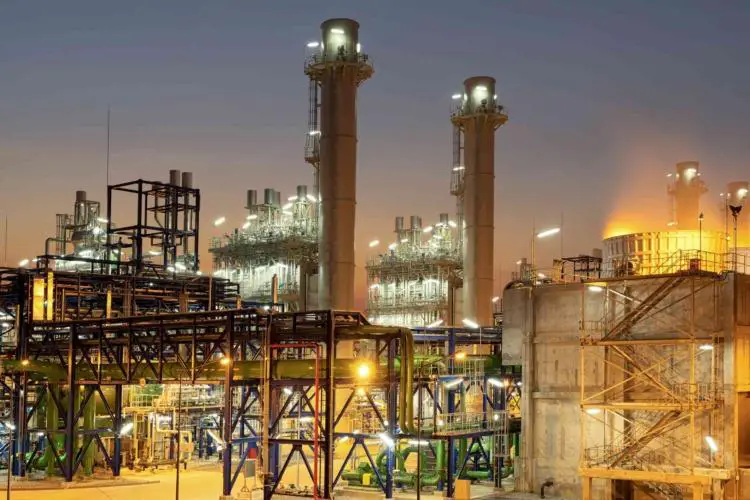On November 20, Africa will mark the Africa Industrialization day.
Since 2018, the Africa Industrialization Day has been successfully commemorated with weeklong events. The Africa Union Commission last year hosted the 2020 Africa Industrialization Week celebrations (#AIW2020) on 16-20 November 2020, under the theme “Inclusive and sustainable industrialisation in the AfCFTA and COVID-19 era”.
Economic growth
Industrial development is of critical importance for sustained and inclusive economic growth in African countries. Industry can enhance productivity, increase the capabilities of the workforce, and generate employment, by introducing new equipment and new techniques.
Industrialization, with strong linkages to domestic economies, will help African countries achieve high growth rates, diversify their economies and reduce their exposure to external shocks.
This will substantially contribute to poverty eradication through employment and wealth creation.
China success
Over the last few years , African leaders have been pursuing policies designed to mimic the path China took to become one of the world’s leading economies.
Some of these policies include creating special economic zones after China’s Shenzhen and positioning the manufacturing sector as a fulcrum to attract investments and create new jobs.
Despite these efforts, Africa has yet to advance in its industrialization at the same speed China did.
But do you think things that worked for China will really work for Africa?
Well, China had already won sizable global manufacturing, accounting for more than 32% of the world’s industrial production as of May 2019.
It became the world’s manufacturing capital through a combination of factors, including optimal infrastructure and price-competitive local manufacturing talent.
Also Read: Qatar acquires stake in Airtel Africa’s mobile money business for $200 million
In doing so, China created a well-differentiated comparative advantage that made companies from the U.S. and Europe , and later, other parts of the world, outsource manufacturing activities to China.
Technology
African Development Bank (AfDB) is set to examine how the African continent can reignite its industrialisation using technology.
AfDB senior special adviser to the president on Industrialisation Banji Oyelaran-Oyeyinka is billed to lead the process.
Reverse the ‘Reversal of Africa Fortune’
Oyelaran-Oyeyinka, who is presenting the kick-off seminar of the Prof. Calestous Juma Lecture series on knowledge and innovation for development, holding between August 12 and 13, 2021, noted that Africa must start immediately to reverse the ‘Reversal of its Fortune’.
According to him, the keynote address titled, ‘Re-igniting Africa Industrialisation: The Role of Innovation ‘ will address the issues why the renewed debate on Industrialisation?
“Personally, I do not believe there was any sort of disinterest especially among low-income and middle-income countries,” he said.
This online lecture series is a tribute to Prof. Calestous Juma who is an internationally recognised authority in the application of science, technology and innovation (STI) to sustainable development especially in developing countries. His work focused on analysing how knowledge and innovation could be harnessed for development in the context of institutional change in socio-economic systems.

